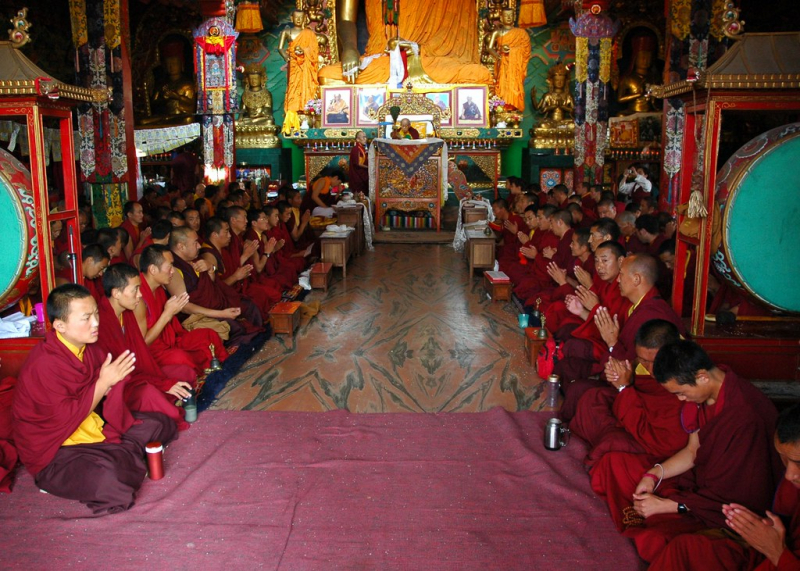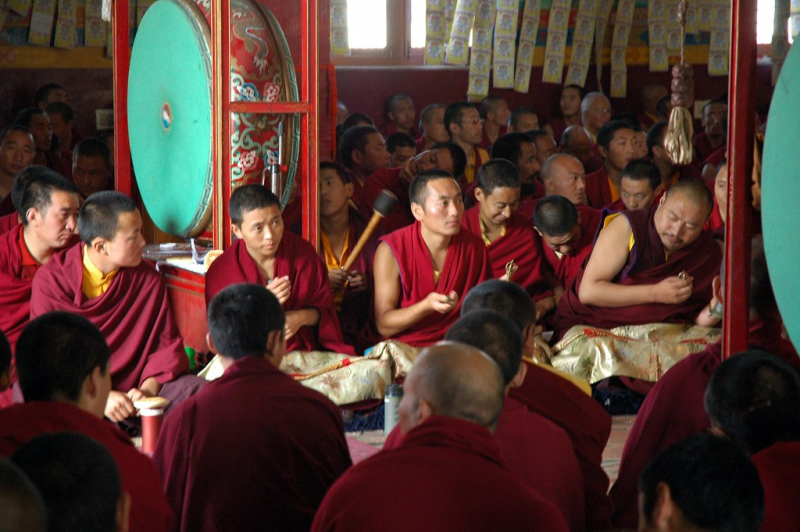Merit Dedication
Merit dedication is prominent in Buddhism's views on death, offering a means to amass positive karma and extend support to the departed as they navigate the transition and future rebirths. Within Buddhism, the principle of karma asserts that actions shape the circumstances of forthcoming lives. By dedicating merit to those who have passed, individuals strive to cultivate positive karma on their behalf, potentially shaping a more advantageous path in their subsequent existence.
Engaging in merit dedication embodies compassion and selflessness, exemplifying the core Buddhist principle of fostering benevolence and constructive energies. This practice extends beyond personal boundaries, radiating goodwill and positive influence for oneself and others, encompassing even those who have transitioned.
Merit can be conveyed to the departed through diverse methods, encompassing acts like presenting offerings, enacting virtuous deeds, reciting prayers, or immersing oneself in meditation. These endeavors are propelled by the intention to benefit those who have passed and contribute to their spiritual advancement.
Merit dedication generates a constructive vitality capable of harmonizing and offsetting any adverse karma accumulated by the departed. This affirmative energy holds the potential to foster a more auspicious rebirth or even catalyze advancement on the path toward enlightenment. It offers a means to accumulate positive karma and contributes to individuals' overall well-being and spiritual journey, even after their passing.












